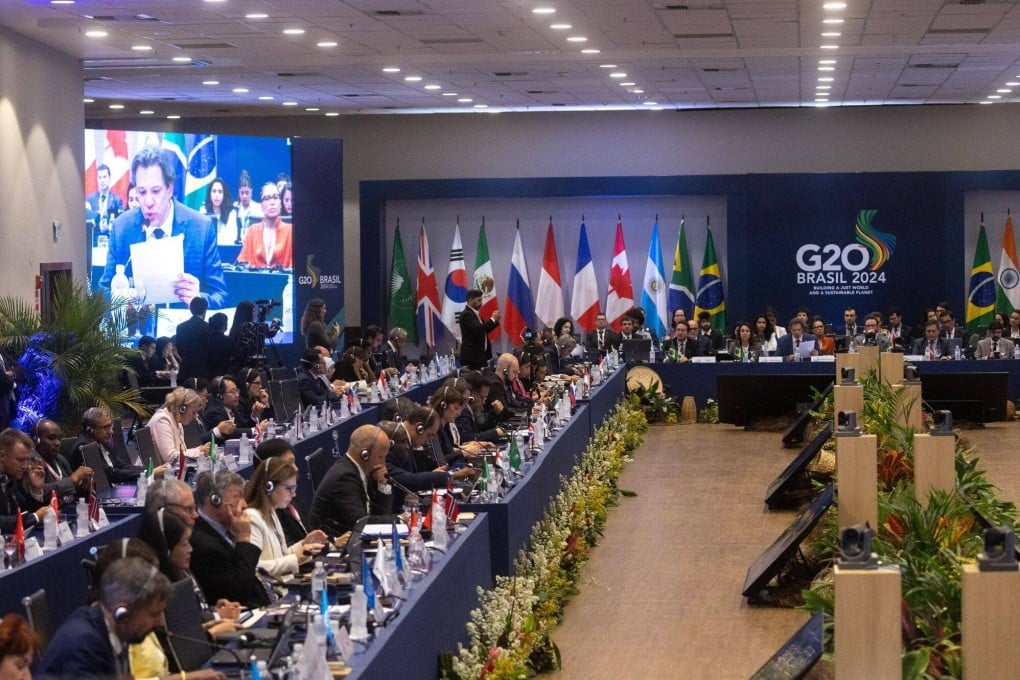Advertisement
Opinion | How global tax negotiations can improve fairness and transparency
- Tax cooperation would help ease economic distortions from the ultra-wealthy and free up resources to advance social and environmental goals
Reading Time:3 minutes
Why you can trust SCMP
0

In recent decades, the availability of preferential tax regimes and tax havens has deprived governments worldwide of huge amounts of revenue. According to the EU Tax Observatory, multinational corporations shifted US$1 trillion – the equivalent of 35 per cent of all the profits booked outside their headquarter countries – to tax havens in 2022.
Meanwhile, super-rich individuals faced very low effective tax rates, equivalent to just 0-0.5 per cent of their total collective wealth.
The problem is that, rather than cooperating on taxation, countries have been competing to attract big corporations and wealthy people. Fortunately, steps are being taken to change this.
The Organisation for Economic Cooperation and Development (OECD) and Group of 20 (G20) agreed in 2021 on an Inclusive Framework on Base Erosion and Profit Shifting, aimed at limiting tax avoidance, ensuring the coherence of international tax rules and establishing greater global tax transparency.
But the agreement was far too limited in scope, requiring only very large multinationals to allocate a small share of their global profits to the countries where their customers are located. The convention that would implement even this limited requirement has yet to be ratified.
The framework also agreed a low minimum tax rate for multinationals of 15 per cent, well below these countries’ current average corporate tax rate of 25 per cent and lower than the 21 per cent minimum rate proposed by the US. Yet another flaw in the framework is that signatories would be required to avoid unilateral measures such as taxes on digital services. Overall, benefits to developing economies were minimal.
Advertisement
